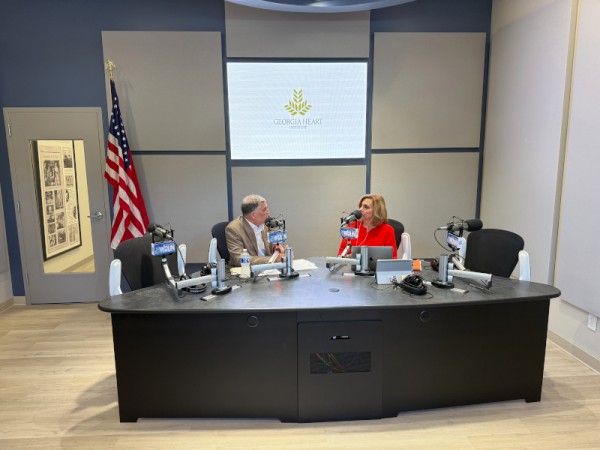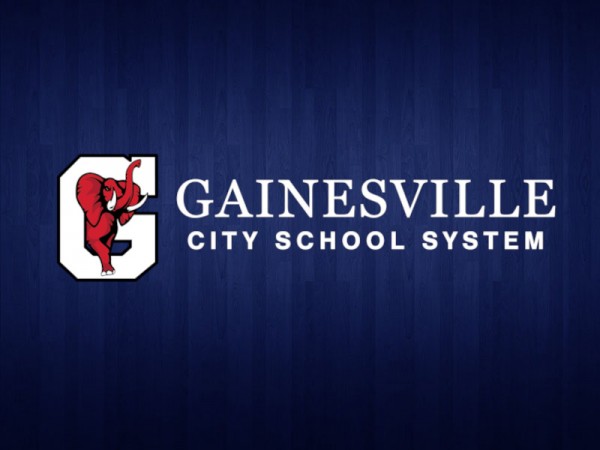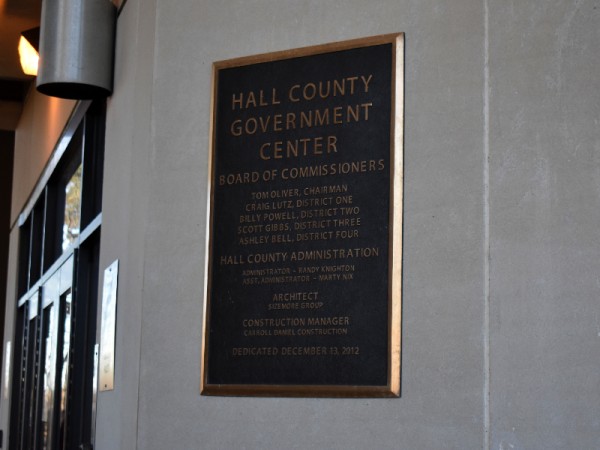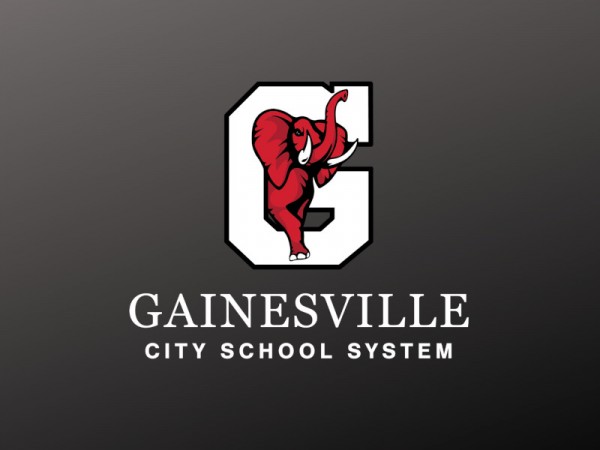The Hall County Board of Education said Friday it will raise school taxes in 2022 to cover rising costs.
The board said it will raise taxes about 11 percent over the rollback rate.
In Georgia, local governments are required to figure a rollback millage rate which will produce the same amount of revenue on this year's tax digest as the current millage rate would if property assessments had not been increased. The tax digest is the total value of all taxable property in the county.
Superintendent Will Schofield told WDUN he questions whether what the board is doing should be considered a tax increase, because of the way the state forces a rollback of the millage rate.
"First and foremost, I'd say this will be the lowest millage rate we've had since 2004," Schofield said. "The state funding that we're getting this year is up only 1.3 percent. And when you look at state funding, which accounts for 55 to 60 percent of our revenue, and the fact that our expenditures next year are up above 8.3 percent, I would question regardless of what the legislative vernacular is, whether or not we're seeing a tax increase."
The current millage rate is 16.485 mills. The rollback rate is 14.365 mills. And the county is proposing a rate of 15.99 mills, an increase of 1.625 mills over the rollback. The average owner of a $250,000 home would pay about $162 more in taxes. But the amount of new tax an individual taxpayer pays will depend on how much the value of the home changed year to year.
Hall County is proposing a $301 million general operating budget for the 2023 fiscal year. In addition to generating additional revenue from the millage rate change, the system also plans to pull about $14 million from the so-called "rainy-day fund," Schofield said.
The school board will vote to approve the budget at its regular meeting on July 25. Because the county s proposing a increase over the rollback rate, it must hold three public hearings. Those are scheduled for July 18, 2022 at 6 p.m.; July 25, 2022 at 11:30 a.m. and July 25, 2022 at 6 p.m.
Citing inflation and a tight labor market, Schofield said much of the increase will go toward raising salaries for teachers and other district employees.
"For our employees, individuals that make as little as $10.86 an hour, I don't know how they're paying for $5 a gallon gasoline," he said. "I don't know how they're paying for grocery carts that are costing $150, that you walk out with six bags of groceries.
Schofield said the school district is dealing with rising prices of goods and services, too.
"Inflation is real," he said. "Our maintenance costs are going to be up 17 percent next year. Our transportation costs, highly driven by diesel fuel, gasoline and LP, are going to be up 21 percent. And we are very similar to the average family and that we're just scrambling to keep our heads above water in these inflationary times."
Schofield knows that many folks won't like having to pay more in taxes. He said he hopes people can view the money an investment in the next generation.
"If we believe in the next generation, which we always have, and if we want to continue to provide public education, you know public education costs money," he said. "I'm very thankful for the fact that there was a generation before me when I was a child that that invested in me. I have been investing for my 35 years, 40 years of being an adult in the next generation. And I believe it's just something that we've always done."
















